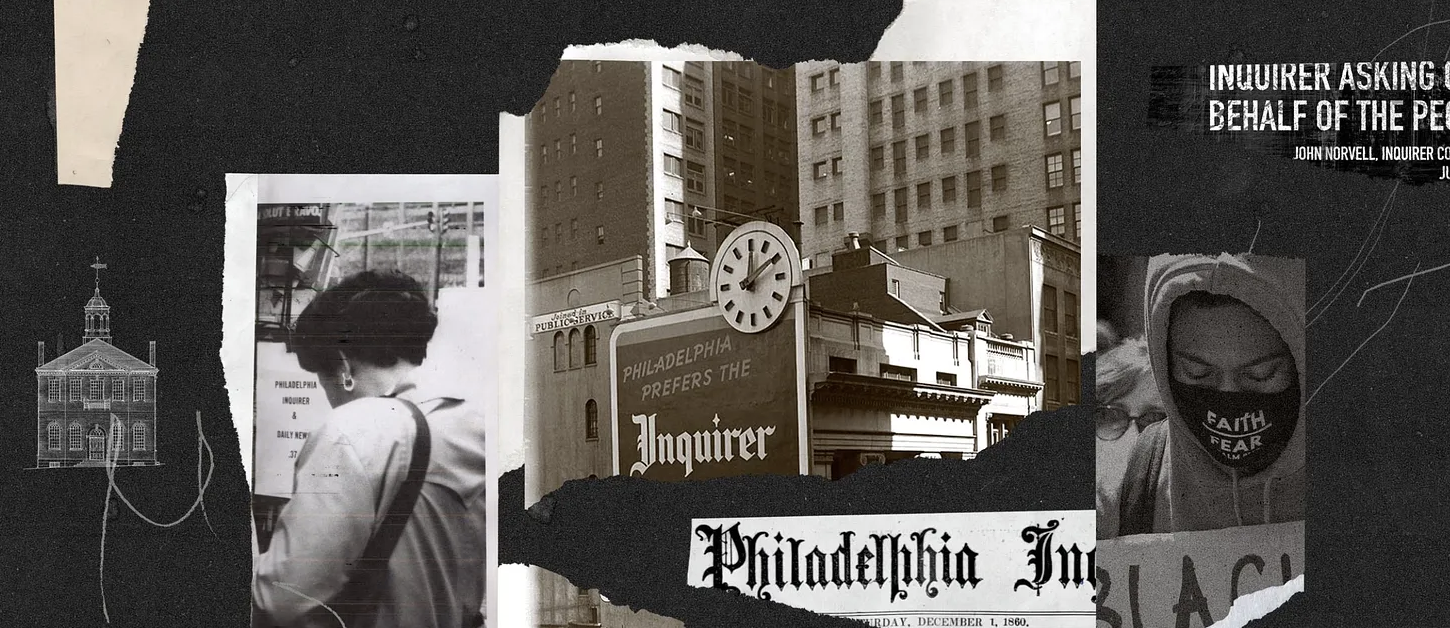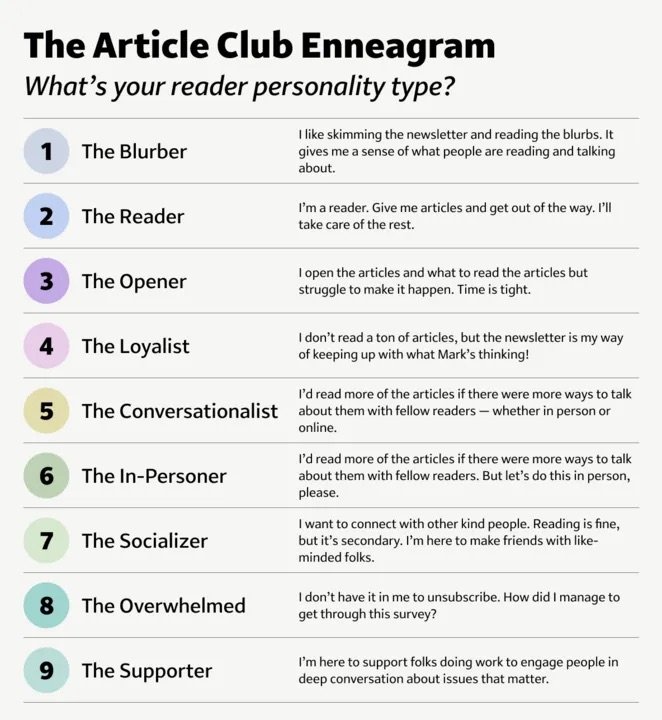An interview with Daniel Duane, author of “A Tale of Paradise, Parking Lots, and My Mother‘s Berkeley Backyard”
Welcome, new subscribers, and welcome back, loyal readers! I’m happy you’re here.
Today’s issue is dedicated to an interview with Daniel Duane, the author of “A Tale of Paradise, Parking Lots, and My Mother's Berkeley Backyard,” September’s article of the month.
Originally published in The New York Times Magazine in May, the piece explores the housing crisis in the Bay Area and the fears that emerge alongside the inevitability of change. If you haven’t read it yet, I urge you to do so — and join our discussion on September 24, if you’re moved.
I got a chance to interview Mr. Duane a few weeks back, and it was an honor. I won’t give everything away, because it’s better to listen, but we discussed a number of topics, including:
his fond memories of growing up in Berkeley
his relationship with his mom, who was a radical activist in the 1960s, but who now feels scared about the changes coming to her neighborhood
how the NIMBY / YIMBY debate could benefit from some compassion and nuance
Most of all, it became abundantly clear in our conversation that Mr. Duane is nostalgic but also does not find nostalgia useful. After all, we need more housing, he argues, even if that means having to make sacrifices for the common good. Sometimes, that sacrifice means realizing our time has come, that the world belongs to the young, that it’s time to let go.
At one point, when I was asking myself, Well, what is this story really about for me? I had sort of a moment of thinking about it as like, It‘s about the fact that the world belongs to the young, and it hurts when you find out that you’re no longer one of them. And that moment comes for everyone.
Thank you for reading this week’s issue. Hope you liked it. 😀
To our 10 new subscribers — including Sonia, Abigail, and Charles — I hope you find the newsletter a solid addition to your email inbox. To our long-time subscribers (Kristen! Kristin! Krystyn!), you’re pretty great, too. Loyal reader Paul, thank you for sharing the newsletter and getting the word out.
If you like Article Club, please help it grow. I really appreciate your support. Here are two ways you can help out:
❤️ Become a paid subscriber, like Opal (thank you). If you’ve subscribed for free for a long time, and you appreciate the articles and author interviews, and if you’ve joined one or more discussions, I encourage you to take the leap. You’ll join an esteemed group of readers who value the mission of Article Club. Plus you’ll receive surprise perks and prizes. It’s $5 a month or $36 a year.
📬 Invite your friends to subscribe. Know someone who’s kind, thoughtful, and loves to read? I’d love it if you encouraged them to subscribe. Word of mouth is by far the best way to strengthen our reading community. Thank you for spreading the word.
On the other hand, if you no longer want to receive this newsletter, please feel free to unsubscribe. See you next Thursday at 9:10 am PT.





















